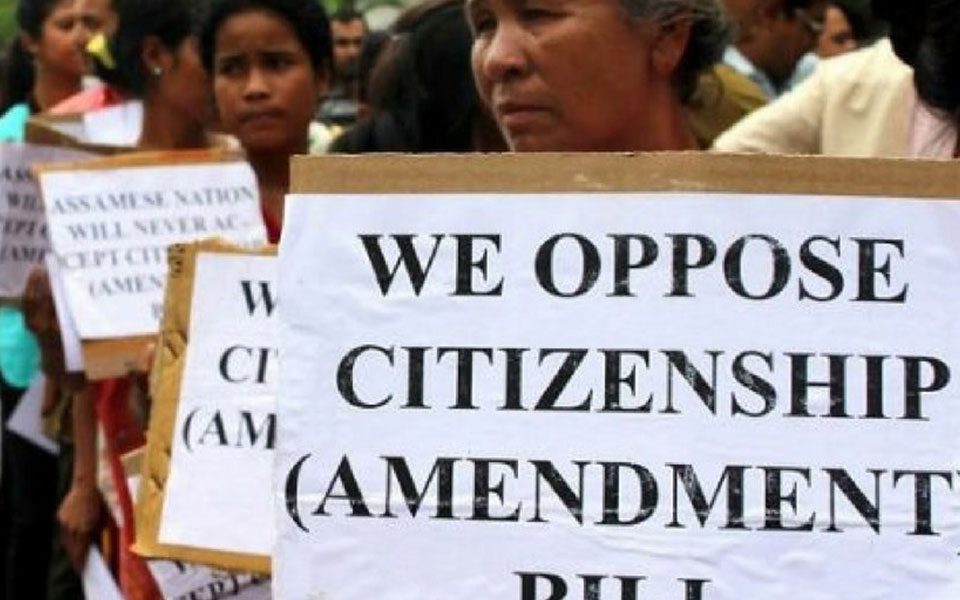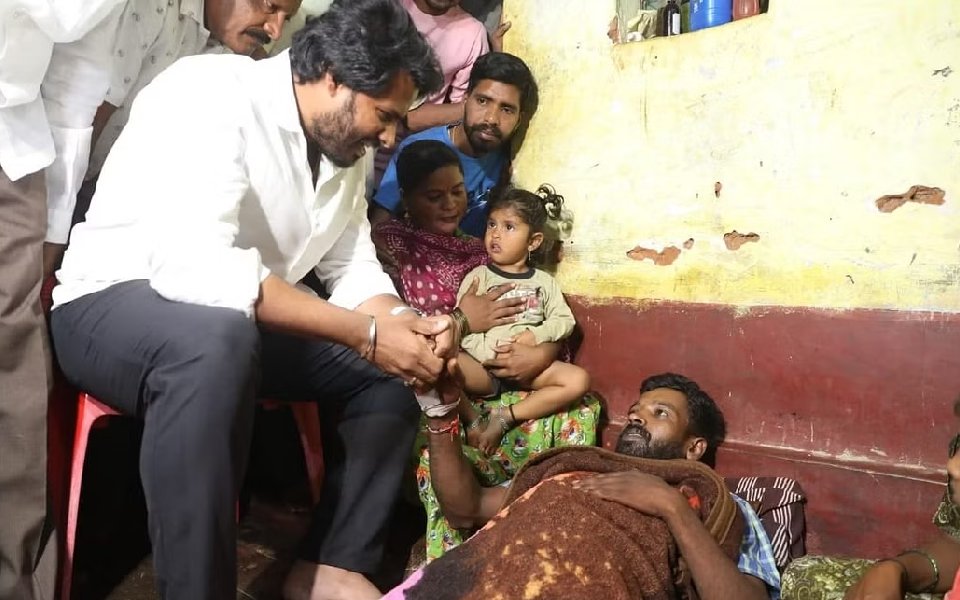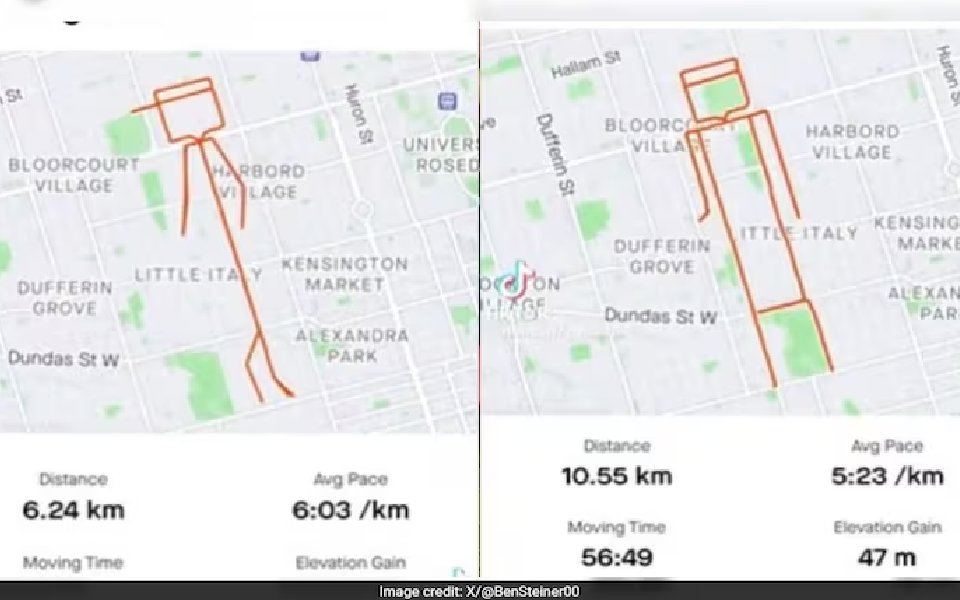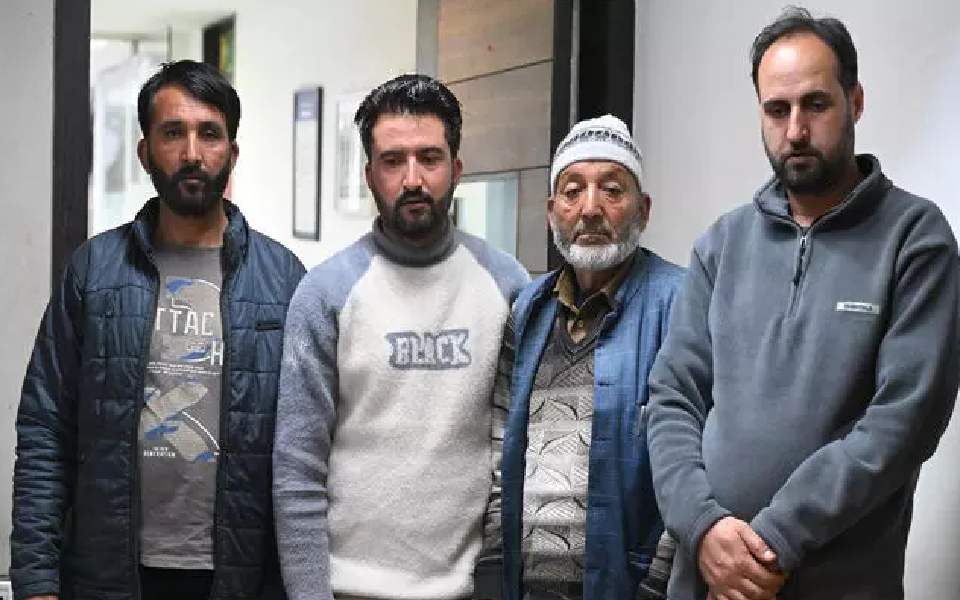Guwahati, May 29: Thousands of persons participated in a mass hunger strike here on Tuesday to protest against the Citizenship (Amendment) Bill 2016.
The protest at the Assam Engineering College ground in Chandmari area was led by the All Assam Students Union and supported by at least 28 other organisations, including the Asom Gana Parishad, a partner of the BJP-led government in Assam, and the Congress.
"Assam is not a dumping ground. We have registered our protests against the bill several times. We will not accept it at any cost," AASU Adviser Samujjal Bhattacharyya said while addressing the gathering at the protest site.
Protests have become the order of the day in Assam since a Joint Parliamentary Committee on the Citizenship (Amendment) Bill 2016 visited the state this month.
"The infiltration from Bangladesh has impacted the demographics in Assam. The central and Assam governments must respect the Assam Accord, which clearly said that the cut-off date for identification and deportation of Bangladeshis is the midnight of March 24, 1971," Bhattacharyya said and warned of a massive agitation in case the Centre and state went ahead with the passage and implementation of the bill.
Let the Truth be known. If you read VB and like VB, please be a VB Supporter and Help us deliver the Truth to one and all.
Bengaluru: Channapatna JD(S) candidate Nikhil Kumaraswamy, who lost the byelection to C.P. Yogeshwar of Congress, on Sunday consoled a fan who reportedly attempted to end his life and requested him not to repeat such acts.
Manjunath, fondly called Abhi, had even penned a letter before taking the dangerous step. Nikhil, who called on Manjunath at the latter’s home in Kudloor in Channapatna, expressed shock and sadness over the incident.
Nikhil Kumaraswamy reassured Manjunath, expressing his support during the difficult time. He told him that he was deeply troubled to learn of this incident and emphasised that he would stand by him. Nikhil also promised to offer assistance in any way he could, including helping him secure employment opportunities in the future, as reported by the Deccan Herald.
He also reminded Manjunath of the importance of his children’s well-being, urging him to focus on their future. “Please, look at the faces of your growing children. Even I have a three-year-old son. The children are young, let us take care of their future also. I will arrange some job opportunities for you. I might not be an MLA but this is a challenge. I will get you employed,” he said.
Nikhil told media persons that he is extremely hurt more by Manjunath’s attempt to die than by his loss in the election. “At 7:30 a.m., we got a message that in Valetoopu, Manjunath had consumed poison yesterday. In Channapatna, our workers and leaders have built this party with zeal. Let the admiration be there in your hearts but if it crosses the line, your families get hurt and we get very pained by it,” he was quoted as saying by the publication.
Speaking of his byelection loss, Nikhil reiterated that the JD(S) had got its traditional votes, but that the votes of a particular community went against the party.
“Deve Gowda gave reservation to a community. We tried our last attempt to take that community into confidence. But they conveyed to us that they do not require us. In future, we will take other communities into confidence,” he remarked in a veiled reference to Muslims.
Nikhil lost the election by a margin of 25,413 votes to Congress candidate C.P. Yogeshwar.





